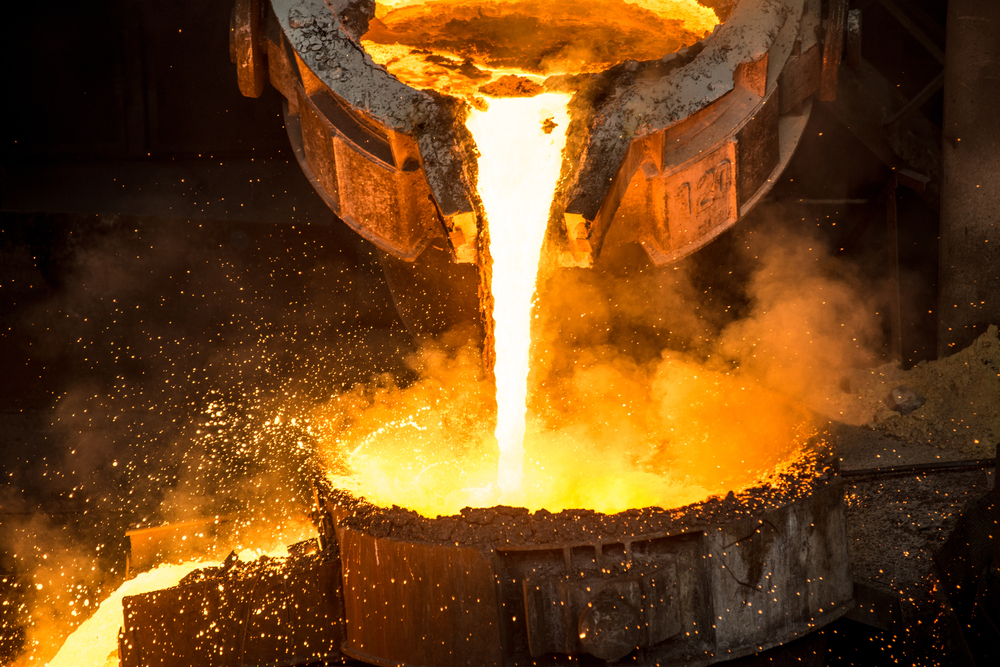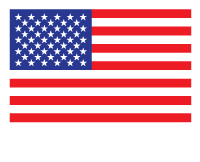
Material choice is pivotal in determining product durability, performance, and reliability for industrial engineers and manufacturers. Alloy and carbon steel are commonly used materials, but the two have some differences.
The main difference between alloy steel and carbon steel lies in their composition. Carbon steel primarily contains iron and carbon, while alloy steel contains additional alloying elements.
Related Post: Heavy-Duty Spherical Valves And Processing, Roto-Disc Explains
What Is Alloy Steel?
Alloy steel is mixed with various elements besides carbon to enhance specific properties such as strength, hardness, and corrosion resistance.
A key advantage of alloy steel is its versatility. By varying the alloying elements, manufacturers can create alloys with various properties suited to different operating conditions.
Alloying elements may include chromium, manganese, nickel, molybdenum, vanadium, and silicon. By adjusting the composition, alloy steel can be tailored to meet the requirements of many applications across automotive and aerospace industries.
What Is Carbon Steel?
Carbon steel primarily comprises iron and carbon, with carbon content typically ranging from 0.05% to 2.0%.
While carbon steel lacks the alloying elements found in alloy steel, it’s one of the most widely used materials in manufacturing due to its affordability. Carbon steel is categorized into three main types based on carbon content: low-carbon steel, medium-carbon steel, and high-carbon steel.
Alloy Steel vs. Carbon Steel
The distinction between alloy and carbon steel is their composition. Alloy steel incorporates alloying elements to enhance strength, hardness, and corrosion resistance. Carbon steel is made up of iron and carbon and is susceptible to rust.
Alloy steel is preferred for applications demanding superior mechanical properties and resistance to environmental factors such as corrosion and abrasion. Aerospace, automotive, and oil and gas industries rely heavily on alloy steel for critical components under extreme conditions.
Carbon steel, while less versatile in terms of properties, is used in sectors where cost-effectiveness and ease of fabrication are prioritized. Carbon steel is used in construction, infrastructure, and other manufacturing processes.
What Materials Does Roto-Disc Use?
A commitment to quality, durability, and reliability guides our choice of materials.
Related Post: Our Guide to the Metal Alloys We Use for Roto-Disc Valve Seats
The team at Roto-Disc utilizes a range of materials to ensure optimal performance in diverse operating environments, including:
Stainless Steel
Known for excellent corrosion resistance and strength, stainless steel is preferred for valve components exposed to harsh chemical environments and high temperatures. Stainless steel is a combination of steel and chromium, which gives the alloy its shine.
AR400 Abrasion-Resistant Steel
With its exceptional hardness and resistance to abrasion, AR400 steel is ideal for valve seats subjected to abrasive media and wear-intensive applications.
Hastelloy-C
Hastelloy-C is a corrosion-resistant alloy that excels in corrosive environments with sulfuric acid, hydrochloric acid, and other aggressive chemicals. It offers resistance to oxidation and reductive conditions, making it suited for valve applications in chemical processing.
Inconel
Inconel alloys are known for their high-temperature strength and resistance to oxidation and corrosion. They are commonly used in valves operating in extreme heat and corrosive environments in aerospace, marine, and petrochemical applications.
Monel
Monel alloys exhibit excellent resistance to corrosion by seawater, acids, and alkalis, making them suitable for marine and offshore applications.
Ordering Heavy-Duty Spherical Valves
Roto-Disc ensures our products deliver exceptional performance, longevity, and reliability in the most demanding applications. For more information, a quote, or to place an order for spherical valves, contact us online or at (513) 871-2600


